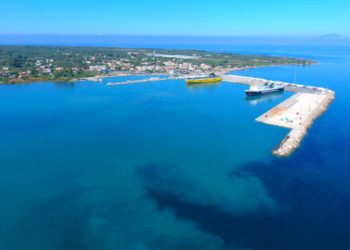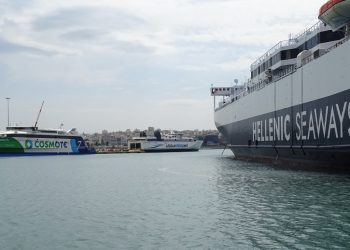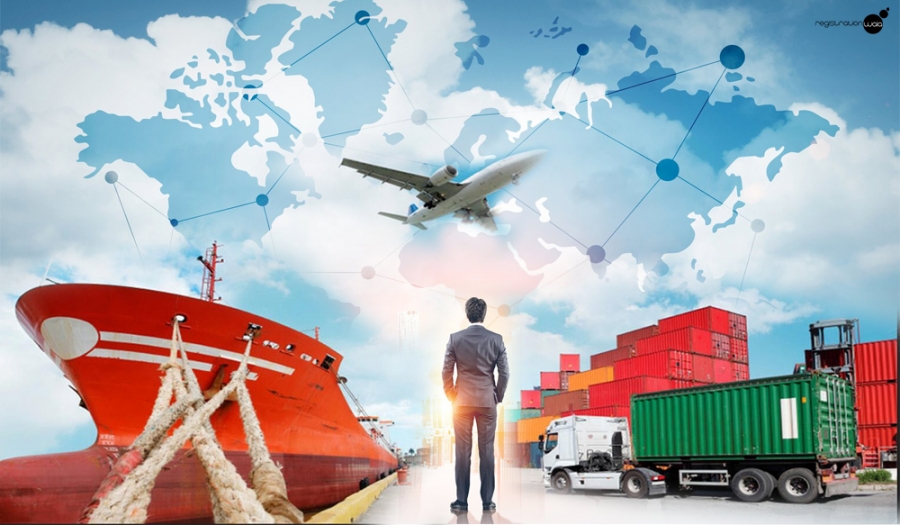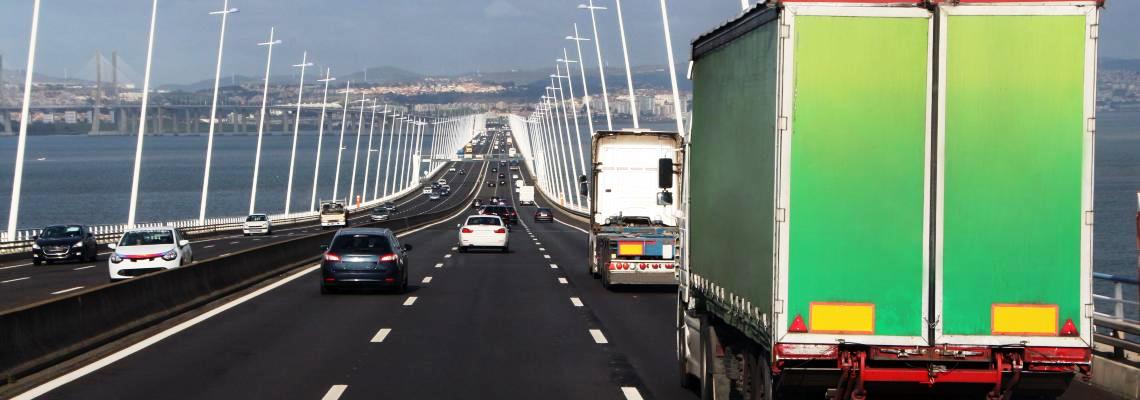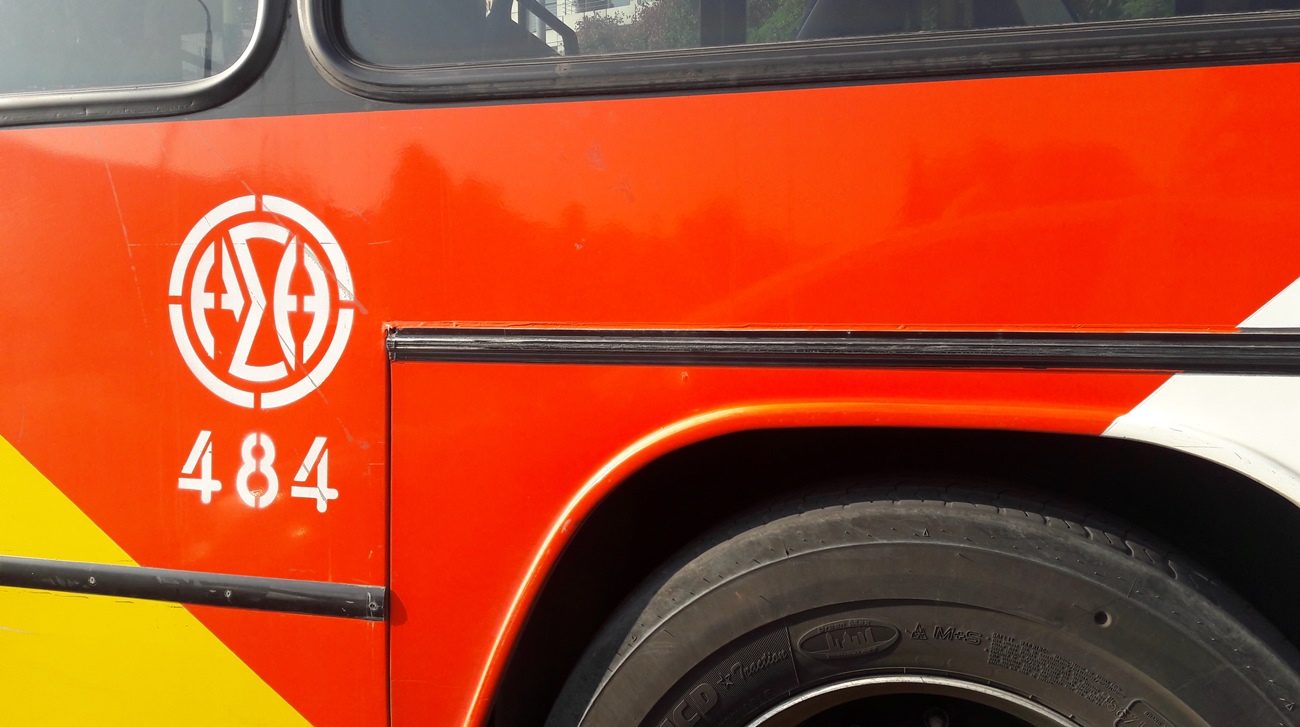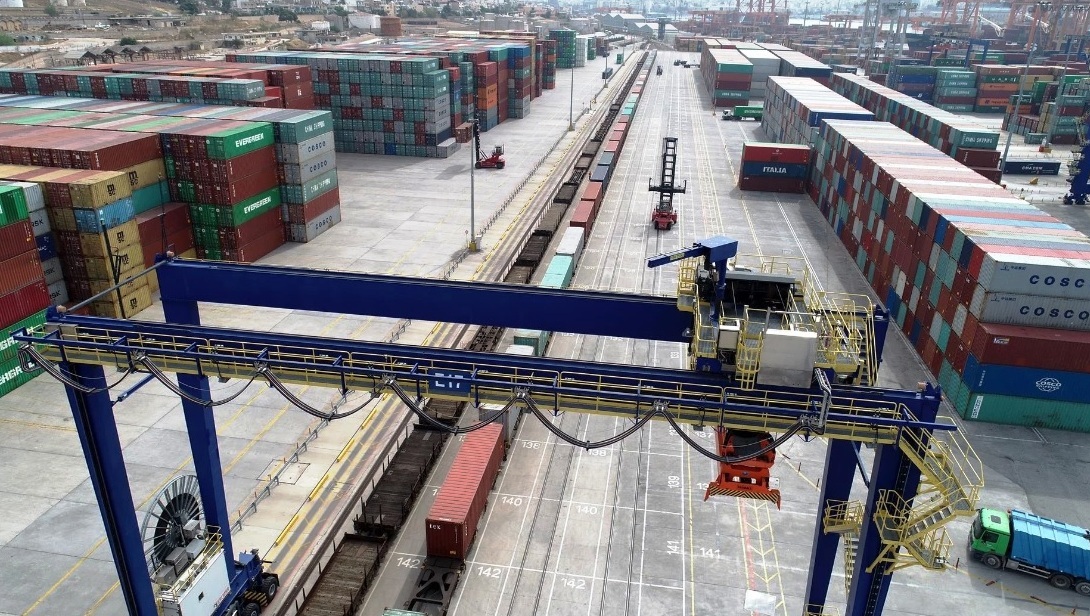As Member States are gradually de-confining, the European Commission published a package of guidelines to provide harmonised guidance for the ramp up of the transport and tourism sectors as well as the opening of borders.
IRU, representing the voice of 370,000 passenger transport operators and 571,000 road freight operators employing 5 million people in the EU, is pleased to see the European Commission recommending the resumption of transport services for all modes to restore connectivity across the EU. Here are key measures included in the Commission’s guidelines and what they mean for the industry:
Safety measures
The health and safety of drivers and passengers being top priorities for passenger transport operators, safe collective transport options including coaches, buses and taxis should be ramped up, in line with public health recommendations. Safe distancing is one of them. IRU welcomes the EU guideline which takes into account the composition and dynamics of passenger groups (e.g. family members should be able to sit and travel together).
Vouchers
The Commission’s recommendation on vouchers is also welcomed by IRU as it is an attractive alternative to reimbursement for cancelled trips in the context of the current pandemic, which has also put heavy financial strains on travel operators. “The road passenger transport sector has seen its activities come to an almost complete stop during the crisis. Allowing operators to offer their customers flexible, refundable and insolvency protected vouchers for cancelled services due to the closure of borders is a breather for the industry. Consumer rights have to remain protected, but transport operators equally need protection, as they face the imminent risk of liquidity shortages. Their survival is crucial to drive the recovery,” said Raluca Marian, General Delegate of IRU’s EU Delegation.
Borders
Alongside tourism operations, the transport of goods should continue to be safeguarded to ensure that supply chains remain functional. Green lanes have been essential to keep goods moving across Europe during the outbreak. “IRU welcomes the European Commission’s call on Member States to further improve the facilitation of cross border traffic for commercial vehicles and abandon border checks as soon as possible. Transnational traffic will quickly pick up and frictionless carriage of goods by road is key to ensure the functioning of the single market” added Ms Marian.
Mobility of professional drivers
One of the main challenges addressed by the Commission is the mobility of professional drivers. As de-confinement commences and the European economy picks up again, drivers should have unhindered access to their place of work and once returning home, they should not be subject to any systematic quarantine measures.
Ramping up activities for workers, passengers and businesses will require coordination amongst Members States and the European Commission guidelines are a welcome first step to restore mobility for everyone across Europe.
(IRU)

